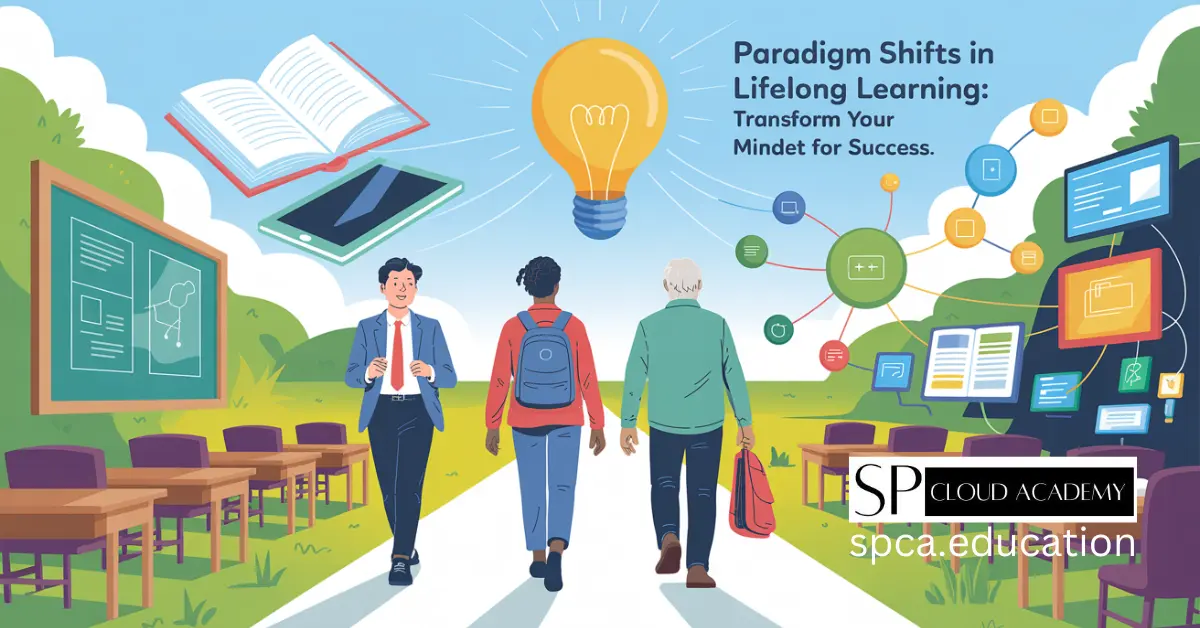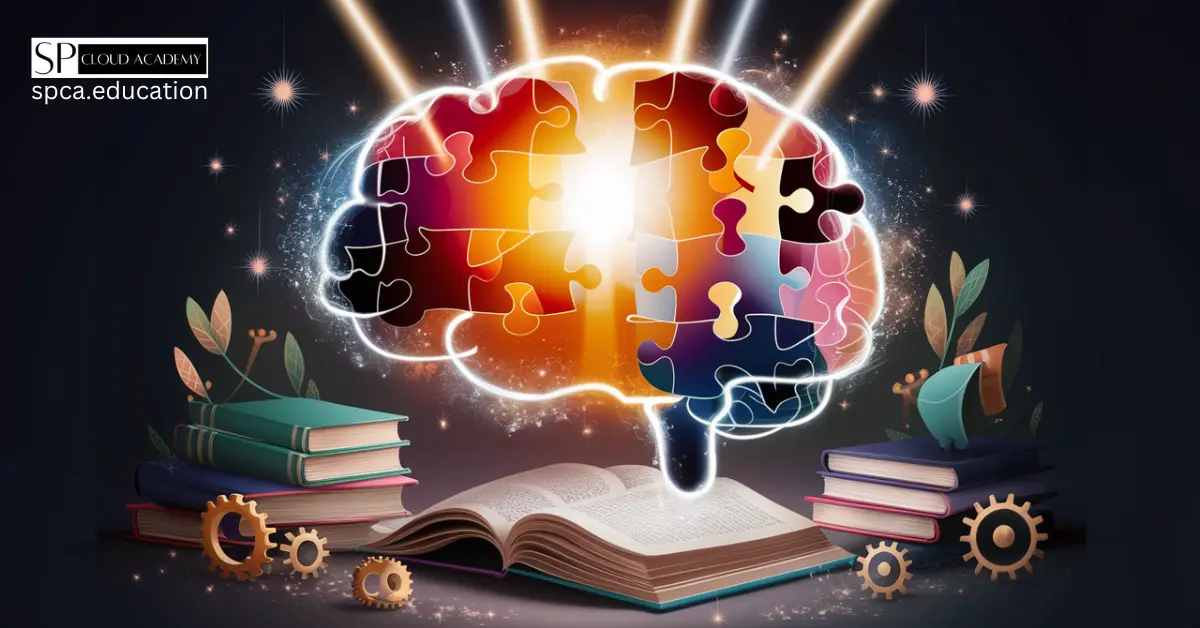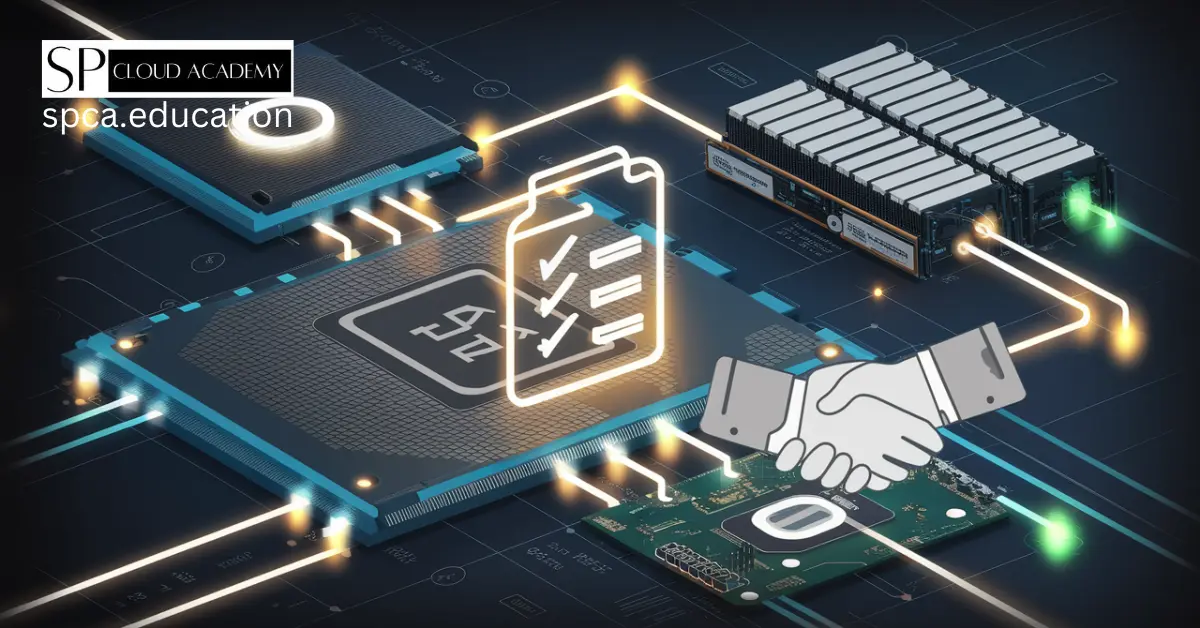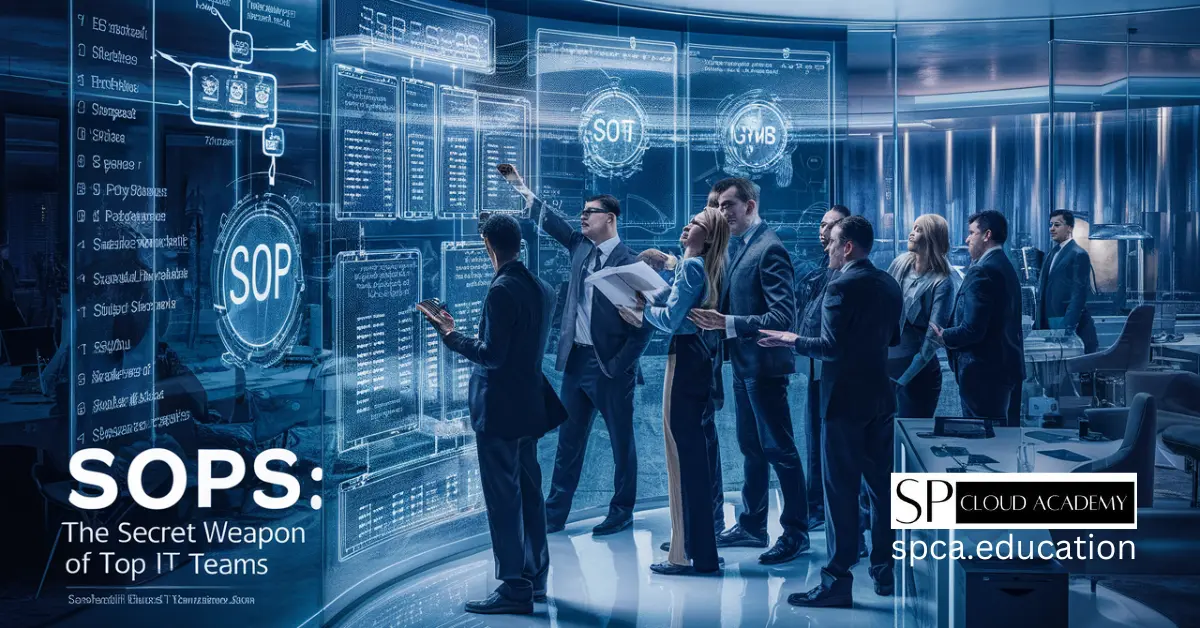Introduction to Lifelong Learning in a Changing World
In our rapidly evolving world, the concept of lifelong learning has become more crucial than ever. Gone are the days when education ended with a diploma or degree. Today, success hinges on your ability to adapt, grow, and embrace new knowledge throughout life. But what if the real key isn’t just learning more—it’s shifting your entire mindset?
This article explores paradigm shifts in lifelong learning, showing how transforming your perspective can unlock personal and professional success. We’ll dive into outdated beliefs, emerging trends, and practical steps to reshape your approach. Whether you’re a student, professional, or retiree, these insights will help you thrive in an unpredictable future. By adopting a growth-oriented mindset, you’ll turn challenges into opportunities and stay ahead in your career and personal development.
Lifelong learning isn’t about cramming facts; it’s a mindset revolution. Let’s uncover how these shifts can empower you.
Understanding the Old vs. New Paradigms in Learning
Traditionally, education followed a rigid structure: school, college, job—and that’s it. This “fixed” paradigm viewed intelligence as static, with learning confined to classrooms and textbooks. Success was measured by grades and certifications, often leading to complacency once formal education ended.
Enter the new paradigm: lifelong learning as a dynamic, ongoing process. Here, knowledge is fluid, accessible anywhere, and driven by curiosity rather than obligation. Technology, global connectivity, and rapid innovation demand continuous adaptation. Instead of fearing change, this mindset celebrates it.
The shift from old to new means moving from passive absorption to active engagement. For instance, professionals now upskill via online courses or podcasts during commutes. This evolution fosters resilience and innovation, turning potential setbacks into stepping stones for success.
Embracing this change isn’t optional—it’s essential for staying relevant in fields like tech, healthcare, and business.
Shift 1: From Fixed Mindset to Growth Mindset
One of the most powerful paradigm shifts in lifelong learning is adopting a growth mindset, popularized by psychologist Carol Dweck. A fixed mindset assumes abilities are innate—you’re either smart or not. This leads to avoiding challenges to protect your ego, stifling progress.
In contrast, a growth mindset believes skills develop through effort and persistence. Challenges become opportunities to learn, and failures are feedback, not final verdicts. For success, this shift transforms how you approach goals.
Start small: Replace “I can’t do this” with “I can’t do this yet.” Seek feedback regularly and celebrate small wins. In careers, this means pursuing promotions through skill-building rather than waiting for luck.
Research shows growth-minded individuals achieve more, as they embrace lifelong learning without fear. This mindset fuels innovation and personal fulfillment, making success sustainable.
Shift 2: Embracing Technology as a Learning Ally
Technology has revolutionized lifelong learning, shifting from traditional methods to digital empowerment. The old paradigm saw tech as a distraction—think endless scrolling. Now, it’s a gateway to endless resources.
Platforms like Coursera, Khan Academy, and YouTube offer free, on-demand courses, making education accessible anytime. AI tools personalize learning, adapting to your pace and style. Virtual reality simulates real-world scenarios, enhancing skills in fields like medicine or engineering.
To transform your mindset, view tech not as overwhelming but as an ally. Start with apps for daily micro-learning, like Duolingo for languages. Integrate tools into routines—podcasts during workouts or webinars for career growth.
This shift boosts efficiency and keeps you competitive. In a digital age, those who adapt thrive, turning potential tech fears into strengths for lifelong success.
Shift 3: Learning from Failure as a Core Strategy
Failure once carried a stigma in learning paradigms—something to avoid at all costs. This led to risk-averse behaviors, limiting innovation and growth. The new shift? See failure as a teacher.
Every setback provides data: What went wrong? How can I improve? Entrepreneurs like Elon Musk credit failures for breakthroughs, viewing them as iterative steps toward success.
To adopt this mindset, reframe failures. Journal lessons learned after a project flops. Surround yourself with stories of resilient figures, from Thomas Edison’s inventions to modern startups.
In lifelong learning, this means experimenting boldly—trying new hobbies or career pivots without fear. It builds emotional resilience and accelerates progress.
Ultimately, embracing failure turns obstacles into fuel, paving the way for authentic success in personal and professional realms.
Shift 4: The Power of Collaborative Learning Networks
Isolation defined old learning paradigms—solo study sessions with minimal interaction. Today’s shift emphasizes collaboration, leveraging diverse perspectives for richer insights.
Online communities, forums like Reddit, and professional networks like LinkedIn foster shared knowledge. Group projects or mastermind groups amplify learning through discussion and feedback.
Transform your mindset by joining or creating networks. Attend virtual meetups or co-learning sessions. Share your expertise; teaching others solidifies your understanding.
This approach builds empathy, creativity, and real-world skills. In business, collaborative learners innovate faster, solving complex problems collectively.
For success, remember: No one succeeds alone. Building networks turns lifelong learning into a communal journey, multiplying opportunities and achievements.
Shift 5: Personalizing Your Learning Journey
Generic curricula dominated past paradigms, ignoring individual needs. The new shift? Personalized learning, tailoring paths to your goals, strengths, and pace.
Assess your style—visual, auditory, or kinesthetic—and choose methods accordingly. Tools like adaptive apps track progress, suggesting customized content.
To implement, set specific objectives: Want a promotion? Focus on relevant skills via targeted courses. Track milestones with journals or apps.
This mindset empowers ownership, making learning engaging and effective. It reduces burnout and increases retention, leading to faster success.
In a diverse world, personalization ensures lifelong learning fits your life, unlocking unique potentials for career and personal growth.
Practical Steps to Transform Your Learning Mindset
Ready to shift? Start with self-reflection: Identify limiting beliefs about learning. Journal daily to track progress.
Set SMART goals—Specific, Measurable, Achievable, Relevant, Time-bound—for continuous upskilling. Dedicate time weekly to new topics, like reading or online modules.
Seek mentors or accountability partners for guidance. Diversify sources: Books, podcasts, workshops—mix it up.
Practice mindfulness to stay open to change. Celebrate efforts, not just outcomes, reinforcing growth.
Consistency is key; small habits compound into major transformations. This proactive mindset positions you for lifelong success.
The Benefits of Paradigm Shifts for Long-Term Success
These shifts yield profound benefits. Career-wise, adaptable learners secure promotions and pivot industries seamlessly. Personally, they experience fulfillment through constant growth.
Health improves too—learning stimulates the brain, reducing cognitive decline. Socially, it expands networks and empathy.
Economically, upskilled individuals earn more in knowledge-driven markets. Overall, this mindset fosters resilience against uncertainties like AI disruptions.
Embrace these changes, and success becomes a natural byproduct of your evolved approach to lifelong learning.
Conclusion: Commit to Your Lifelong Learning Evolution
Paradigm shifts in lifelong learning aren’t trends—they’re necessities for success. By transforming from fixed to growth-oriented thinking, embracing tech, failure, collaboration, and personalization, you’ll navigate life’s complexities with confidence.
Start today: Pick one shift and act. Your future self will thank you. In a world of constant change, a flexible mindset is your greatest asset. Keep learning, keep growing, and watch success unfold.
See Also
-

Paradigm Shifts in Lifelong Learning: Transform Your Mindset for Success
-

From Trend to Transformation: The Rise of Paradigm in Modern Life
-

Revolutionizing Classrooms: How Project-Based Learning Transforms ICT and Engineering Education
-

Industry-Recognized Skills vs. Academic Knowledge: Which Will Get You Ahead?
-

Crack the Code of Learning: What, Why, How & a Dash of Practice-Based Magic
-

The Ultimate Guide to Creating Computer Hardware Specs for Procurement Success
-

Why Top Employers Covet Professionals Who Master Technical Specifications
-

Why Job-Related SOPs Are the Secret Weapon of Top IT Teams
-

Building a Future-Ready Workforce: Strategies for Upskilling and Reskilling in TVET